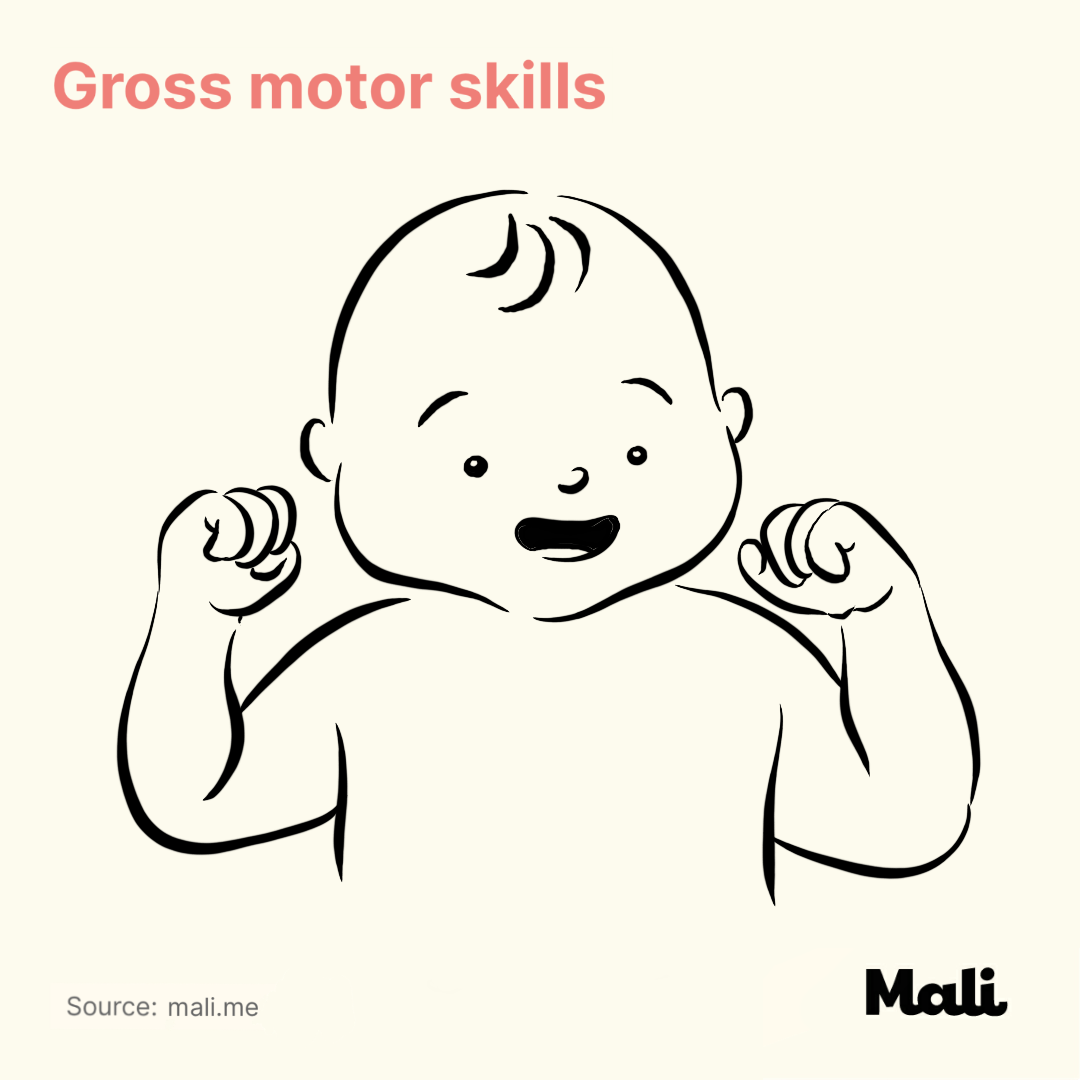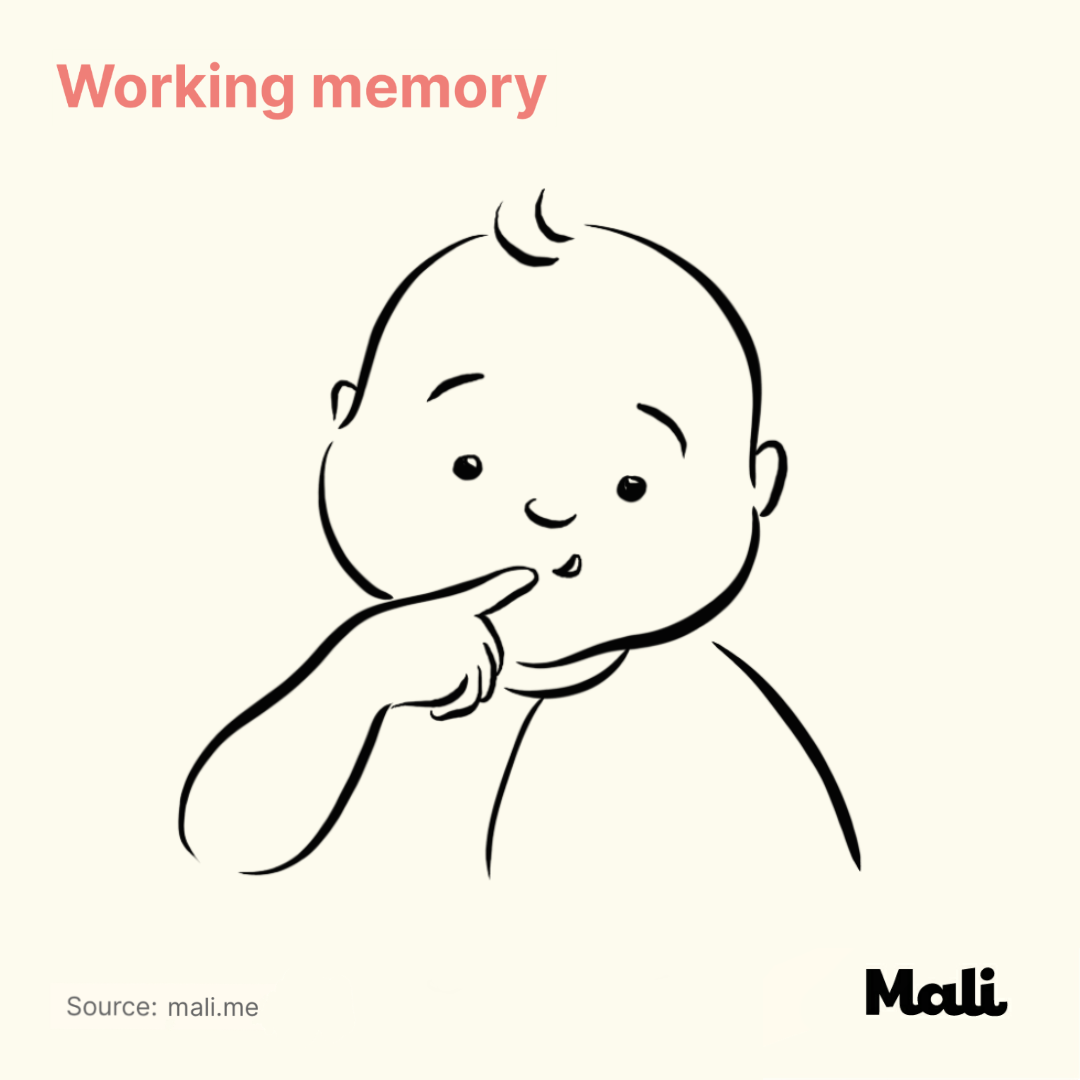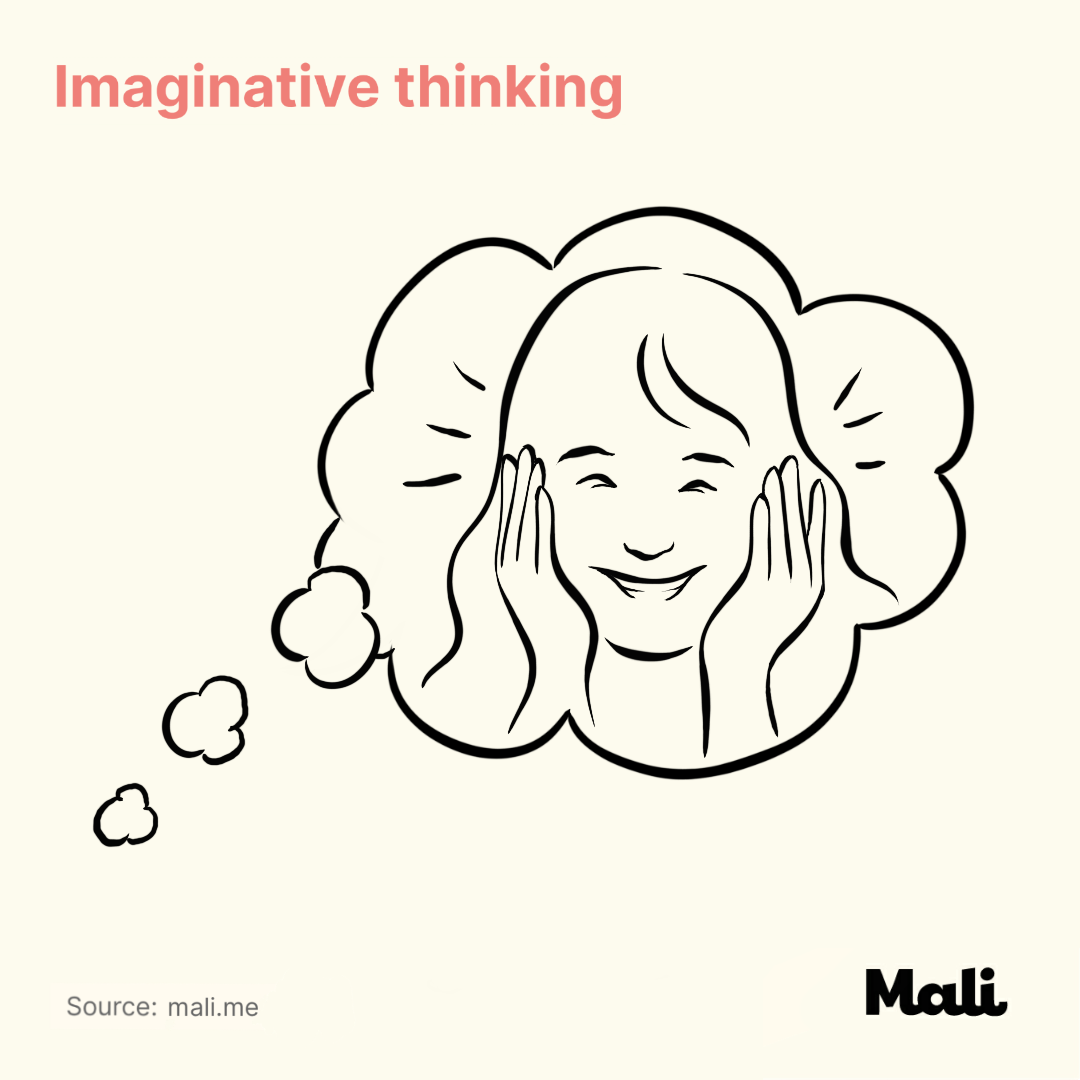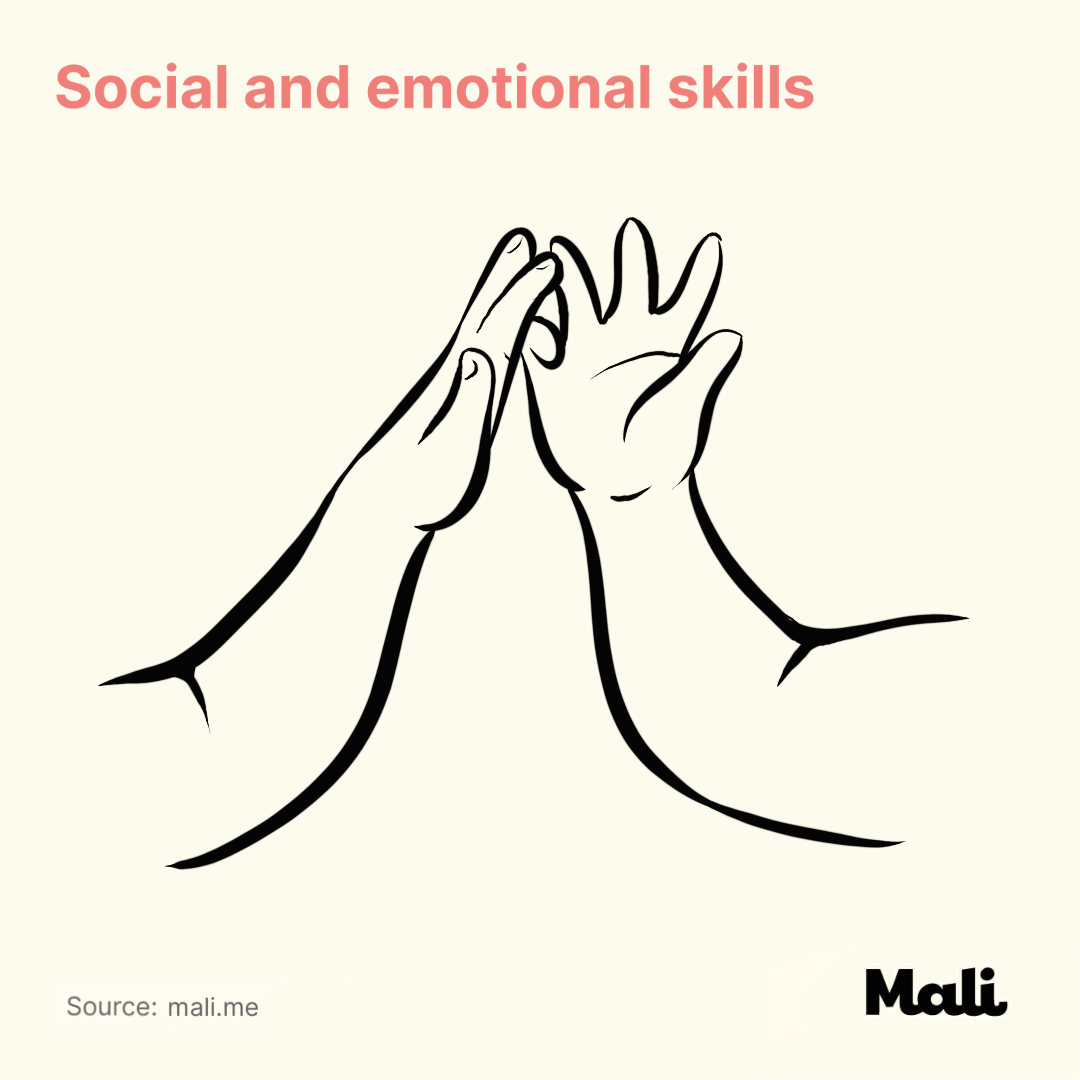The benefits of peek-a-boo and hide and seek

Peek-a-boo and hide-and-seek are some of the first games we can play with young children. Almost as old as humankind, they are played all around the world — and not only for fun.
Here, the key benefits of playing these games:

Gross motor skills: Playing peek-a-boo or hide-and-seek helps children develop gross motor skills and encourage their physical development. Since the game is a form of exercise, it promotes muscle development, builds strength, and strengthens coordination between the brain and limbs. All these are necessary for maintaining balance, agility, and mobility.
![]()
Visual tracking skills: When playing peek-a-boo or hide-and-seek with your child, Your Child watches as you cover your face, hide an object, or hide yourself. The process of visually tracking your movement helps Your Child in maintaining eye contact and controlling the movement of both the eye and neck muscles.

Working memory: Peek-a-boo and hide and seek are games that aid in the understanding of object permanence.
Hiding games help children understand object permanence, which aids in developing their working memory. Object permanence refers to the understanding that things (such as a smiley face behind a pair of hands) can still exist, even though they may not be present in front of the eyes.
Object permanence is a critical milestone that occurs when a baby is around 1. But you can play hide-and-seek to help your child develop the working memory further.

Imaginative thinking: In searching for the hidden person or objects, children engage their imaginations to figure out the most likely place the secret thing or person is. Even when it is their turn to hide, they try to figure out the best places to hide. The thought process helps in developing imaginative, creative, and problem-solving skills.

Social and emotional skills: Group play of any sort helps in developing social skills, and peek-a-boo or hide-and-seek is not an exception. Hide-and-seek, in particular, allows children to form important emotional self-regulation (to hide, they need to keep quiet for an even more extended period). As children play these games with others, they learn how to set rules, take turns, and deal with conflicts between participants. These social and communication skills help them learn how to work as a team, which is vital in today’s world.
Verified:
Dr. Ketsupa Jirakarn (Mental health specialist) (31 March 2021)



